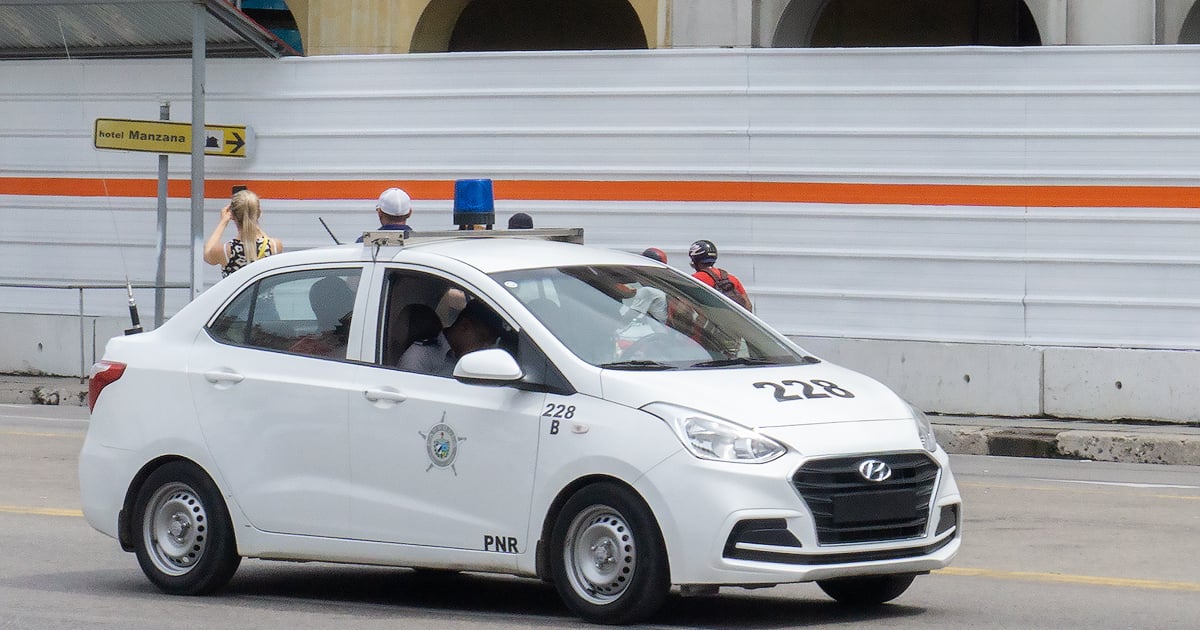
Villa Marista is finalizing its next television 'show'. Around twenty journalists and contributors from the independent Cuban press, many of them currently active, but also some who have been disconnected from media outlets outside the official narrative for two years, have been summoned to testify as witnesses in an alleged case of "mercenarism."
It is a crime defined in the Penal Code of the regime of Miguel Díaz-Canel, in articles 135 and 143. The latter establishes penalties of up to ten years in prison for receiving foreign funding.
In addition to journalists, there are social project managers, entrepreneurs, activists, and content creators, according to El Toque. All were summoned to testify in an alleged investigation into activities orchestrated from the United States against the constitutional order of the Island.
Among those "witnesses" are collaborators from Periodismo de Barrio and Cubanet. One of the few known cases by name is that of journalist María Lucía Expósito, who has reported on a friend's social media, since her profile is disabled, that she underwent a six-hour interrogation and had a thousand dollars and her cell phone confiscated.
The pressure is such that José Luis Tan Estrada, from Cubanet, went so far as to hold the regime responsible for anything that might happen to him, "given the escalating repression of State Security."
The essayist Alexander Hall and writer Jorge Fernández Era, both collaborators of El Toque, have also been questioned; Raymar Aguado and the director of the magazine Magazine AM:PM, which had to temporarily close during the arrest, also explained this on their Facebook profile, pointing out "the obstacles" they were facing, including "the pressure and harassment" on their director.
The first refusals to collaborate with independent media have already begun to be seen on social networks. This is the case of Yadira Álvarez Betancourt, Yennys Hernández Molina, and Annery Rivera Velasco, who have announced on their Facebook profiles that they are distancing themselves from journalism, in some cases "for health reasons."
They don't know who is being investigated.
The problem is that those people called to testify do not know against whom the supposed criminal case is directed, and this is where the machinery of extortion of the misnamed State Security comes into play, which pressures the interrogated individuals to choose whether they want to continue being witnesses or if they will end up being accused in the case.
Those who are called to testify are burdened with the "crime" of having participated in training programs, which include stipends, for the execution of projects, something that the inquisitorial system of Villa Marista makes them believe is a crime, even though it is a completely normal situation in democracy. In contrast, in the regime of Díaz-Canel, they classify it as a crime.
According to El Toque, the interrogators barely provide evidence and when there is any, it is because it has been obtained illegally through the interception of communications thanks to the communist monopoly of ETECSA. In this situation, the agents of the wrongly named State Security push witnesses to self-incriminate and in this fraudulent manner obtain what they have never had: a guilty party for the crime of mercenarism.
In those interrogations, there are screams, threats, and the "witnesses" are forced to sign a paper admitting that they took training courses funded from outside Cuba, ignoring that, as everyone knows, the poverty in Cuba is so extreme that there are no funds for these types of activities that are completely normal in a democracy.
Those who have gone through these interrogations are forced to renounce independent journalism and any training programs funded from abroad. In some cases, they have even been forced to record their confessions on video.
As has become customary in the Cuban regime, these audiovisual materials will eventually be shown on official state television, in programs that aim to discredit Cuban civil society and present journalists and informants as agents of the enemy, an argument that, by now, lacks credibility due to its overuse.
What do you think?
COMMENTFiled under: